Data extensibility refers to how easily a data system, data architecture, or application to be expanded and scaled by adding new types of data, new data sources, or new functionalities. Crucially, a system that shows data extensibility must be able to grow and contact without requiring changes to the existing structure. The key components of data extensibility are as follows:
- Modular components – needed to ensure components can be upgraded individually without affecting the whole system
- Application Programming Interfaces (APIs) – provides a standard interface that allows outside platforms to interact with the data without damaging the platform
- Scheme Flexibility – allows new data to be introduced easily
- Scalability – ensures the system can grow or shrink as needed with no change in performance
- Data Normalization – essential for ensuring new data can be integrated without issues
Data extensibility ensures that an existing system can adapt to unforeseen challenges or evolutions presented by changing data or integrate new data without changing the performance of the system. This has the benefit of saving the company money, as there will be no need to overhaul a system entirely. If implemented effectively, data extensibility can “future-proof” a system that can adapt to new requirements and challenges as they come up.

